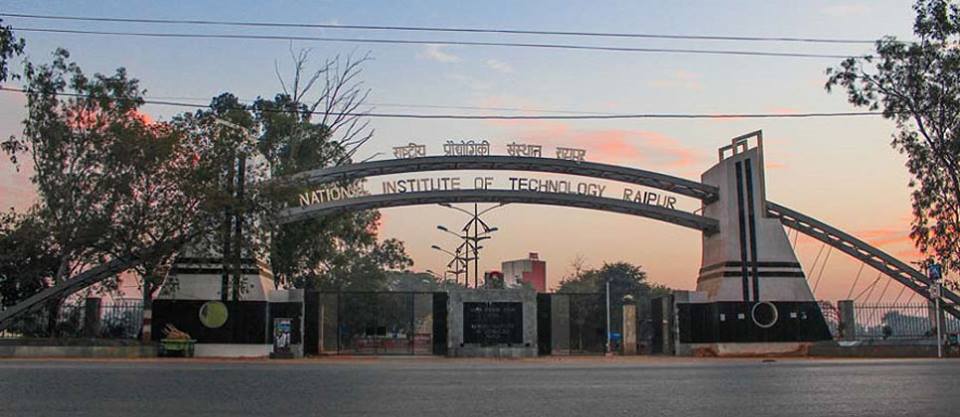New Delhi: Doctoral Degree, popularly known as PhD, is highest degree practiced in the higher education system. Nearly 1 Lakh 70 Thousand students have enrolled in doctoral programmes in 2018-19 as per AISHE 2018-29 report of Ministry of HRD.
The current PhD Admission session has been delayed due to COVID 19 pandemic. However, now the PhD Admission by the universities have gained traction.
The PhD Admission Process is streamlined in Universities or Colleges. Universities or Colleges follow guidelines as per the UGC for Doctoral Degree Admission. The PhD Admission process is based on University Grants Commission (Minimum Standards and Procedure for Award of MPhil/PhD Degrees) Regulations, 2016 and subsequent amendments popularly known as UGC MPhil and PhD Regulations. Here SkillOutlook presents Composition & Pattern of PhD Admission Test as per UGC Regulations.
PhD Admission Process: The entire PhD Admission in universities or colleges can be broadly divided into three parts:
- Advertisement or Notification for PhD Admission Application
- PhD Admission Test
- Interview & Final Selection
PhD Admission Test: The selection process of PhD Admission has two steps: Written Test (Entrance Test) and Interview (Research). Entrance Test has an weightage of 70% while Interview has an weightage of 30%.
The universities including deemed to be universities conduct PhD Admission Test or Entrance Test as per the Regulations. The syllabus of the Entrance Test shall consist of 50% of research methodology and 50% shall be subject specific.
To qualify the Entrance test, candidates belonging to General Category candidates should score at least 50% marks meanwhile and candidates belonging to SC/ST/OBC (non-creamy layer)/PWD category should score atleast 45% marks. Those qualify the PhD Entrance Test will appear the Interview/Viva-voce.
The interview/viva voce shall be based on broadly three parameters: the candidate possesses the competence for the proposed research; the research work can be suitably undertaken at the Institution/College; and the proposed area of research can contribute to new/additional knowledge.
How Merit List is prepared: Merit lists are prepared for each category i.e. candidates belonging to SC, ST, OBC, PWD categories separately and on the basis of performance of candidates in the total aggregate marks (CBT + Viva-voce). The aggregate marks are based on a weightage of 70 % in Entrance Test and 30% to the performance in the interview/ viva-voce.
Exemption from Entrance Test: The UGC Regulations say the University/Institution Deemed to be a University may decide separate terms and conditions for PhD Entrance Test for those students who qualify UGC-NET (including JRF)/UGC-CSIR NET (including JRF)/SLET/GATE/teacher fellowship holder or have passed MPhil programme.
Most of the universities exempt UGC-NET (including JRF)/UGC-CSIR NET (including JRF)/SLET/GATE/teacher fellowship holder or MPhil degree holders from appearing PhD Entrance Test. These candidates having JRF will have to appear the Interview for PhD Admission.









